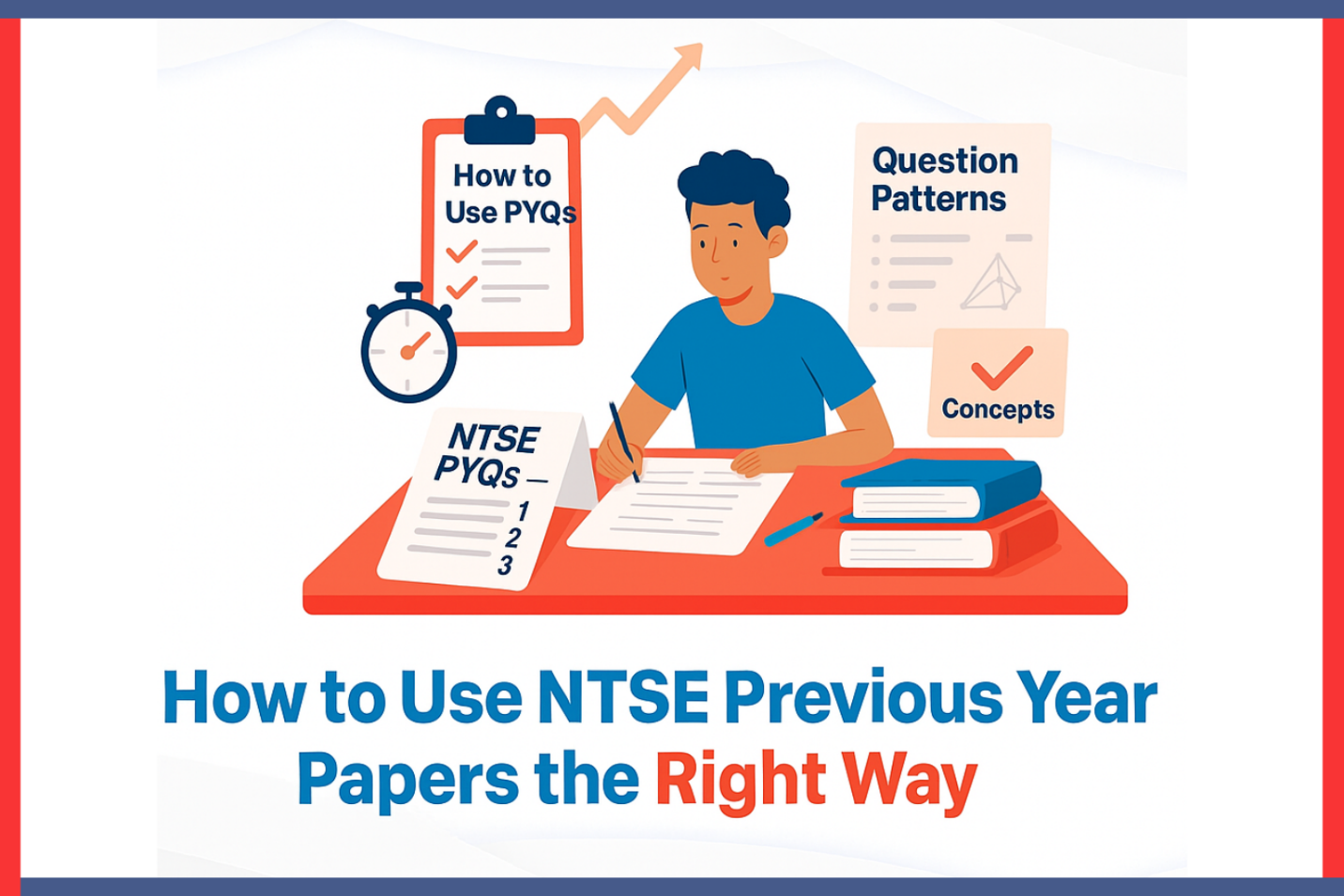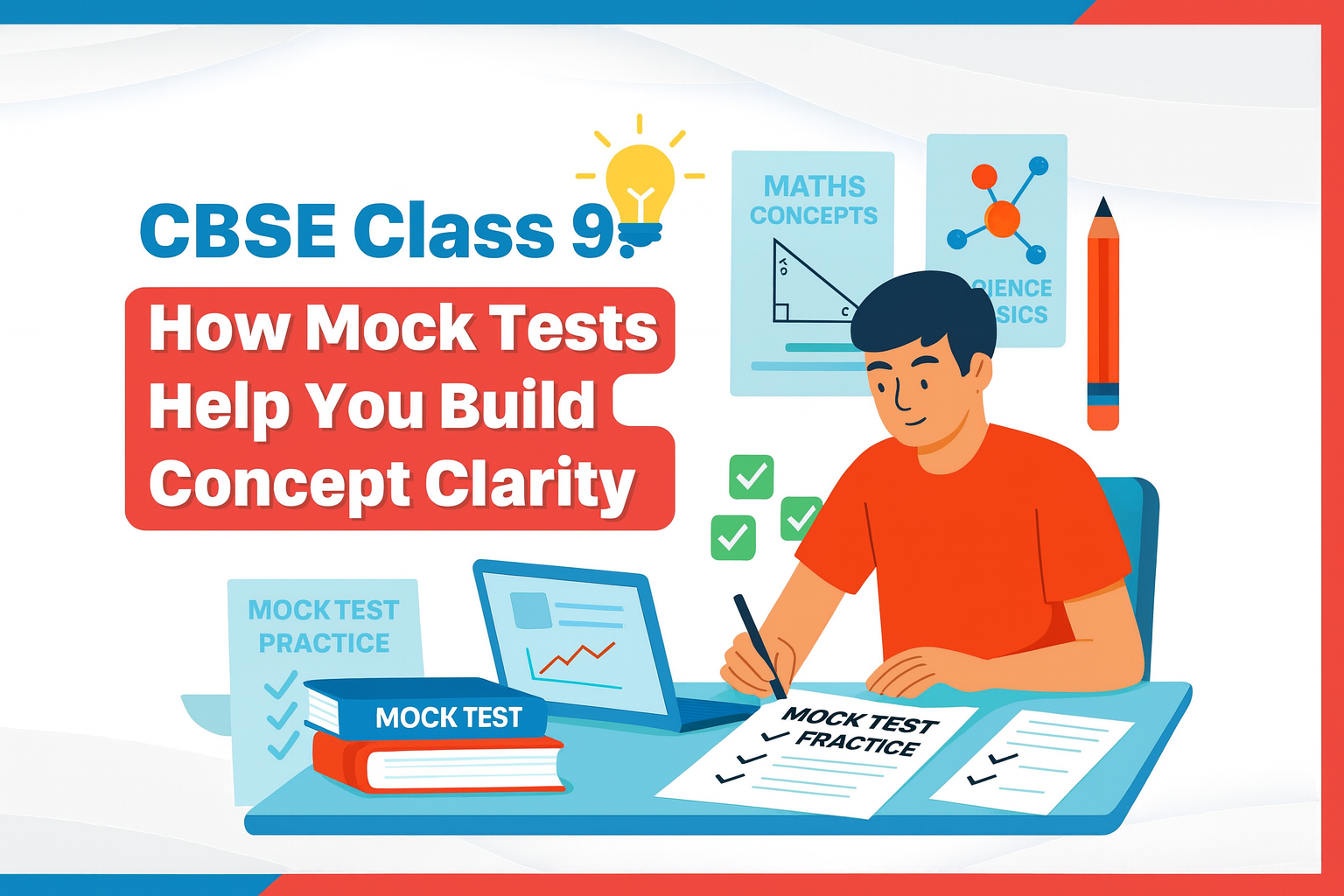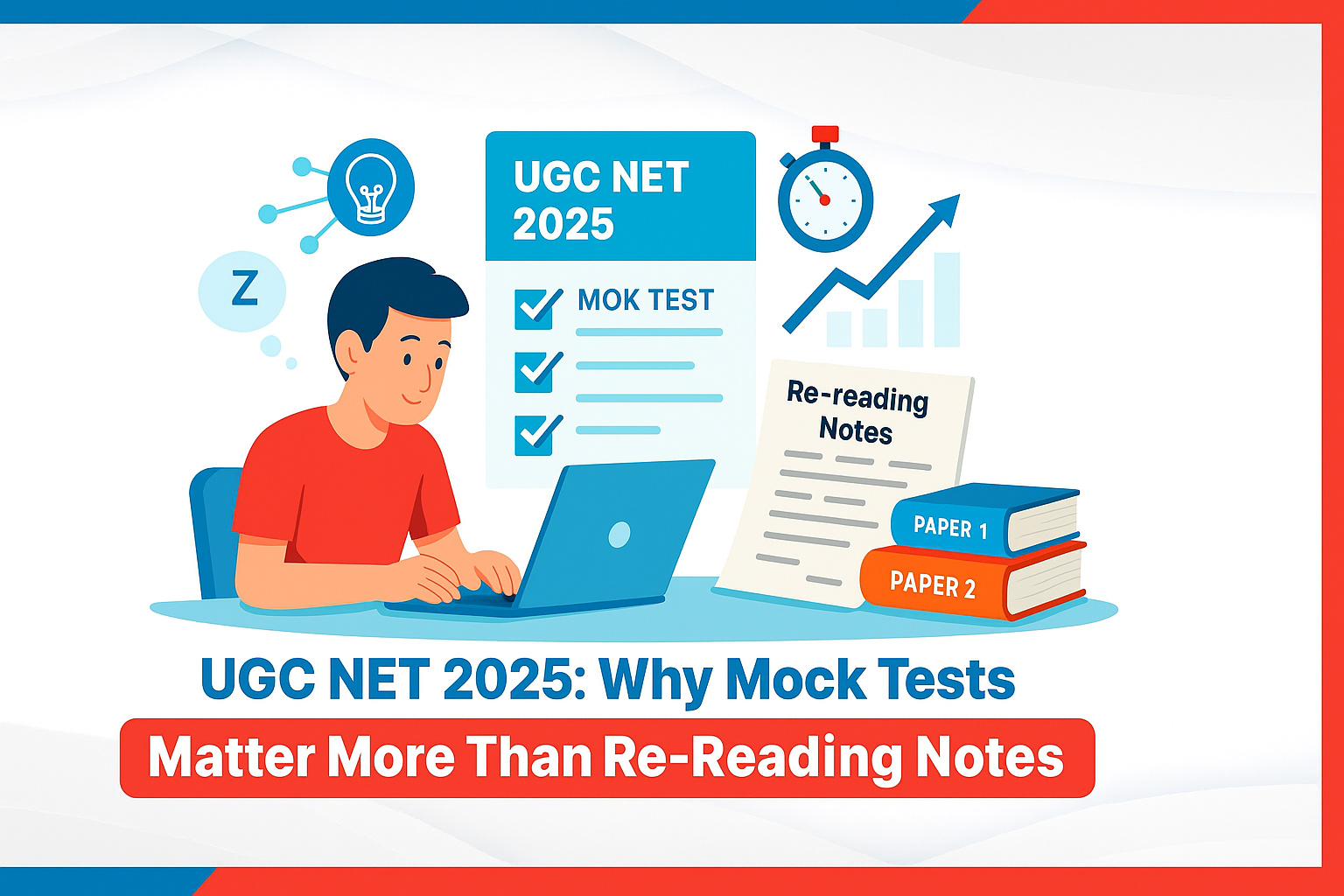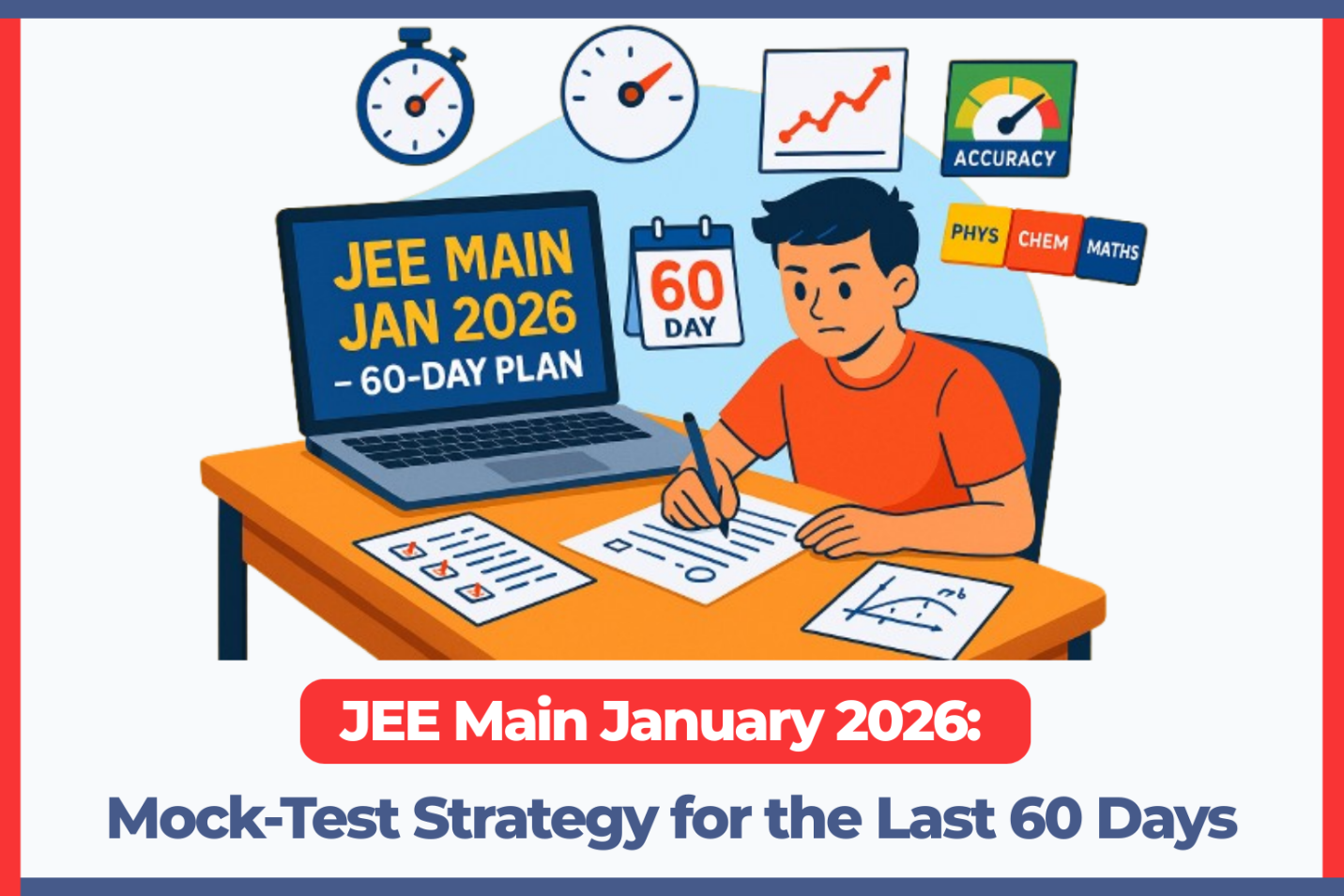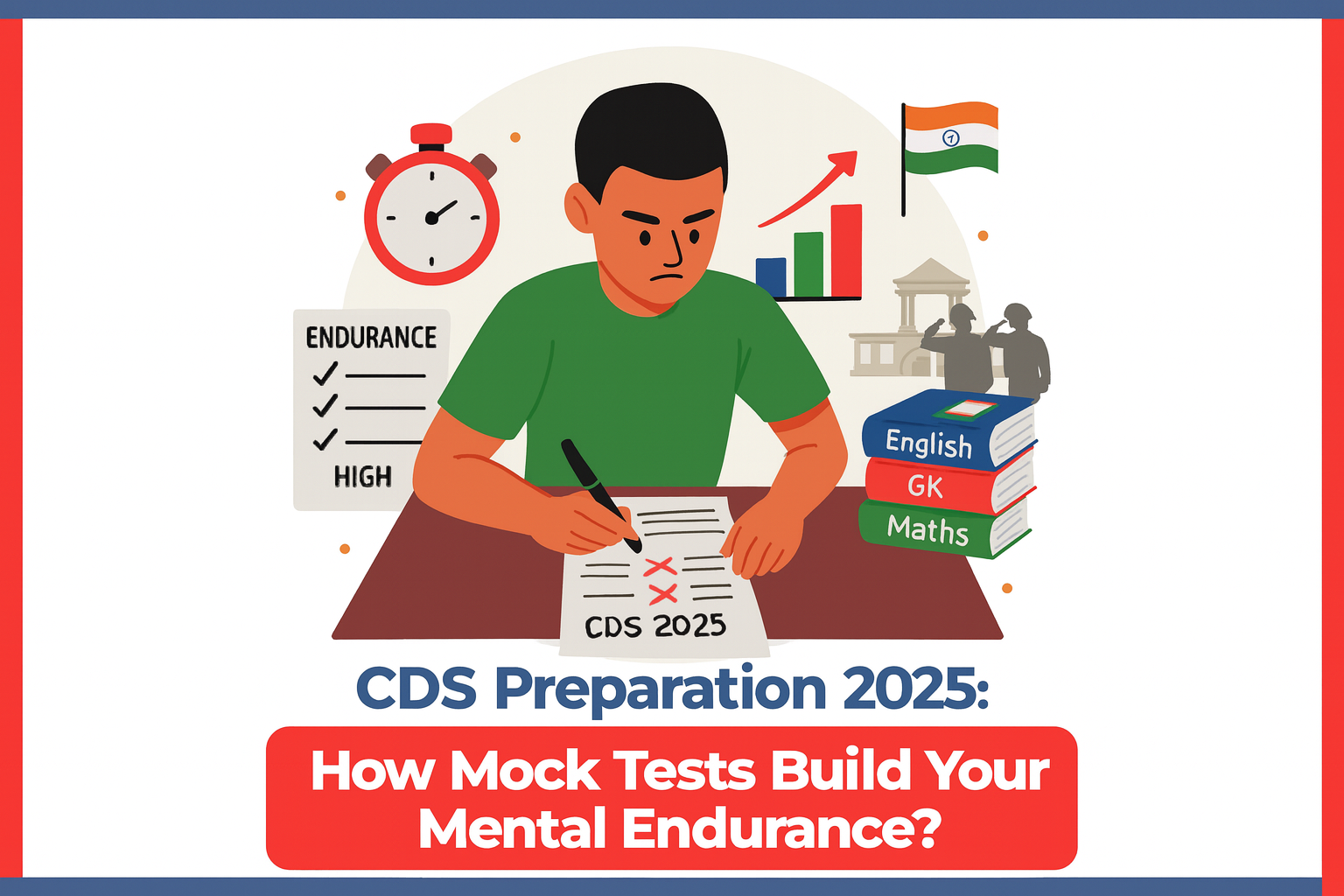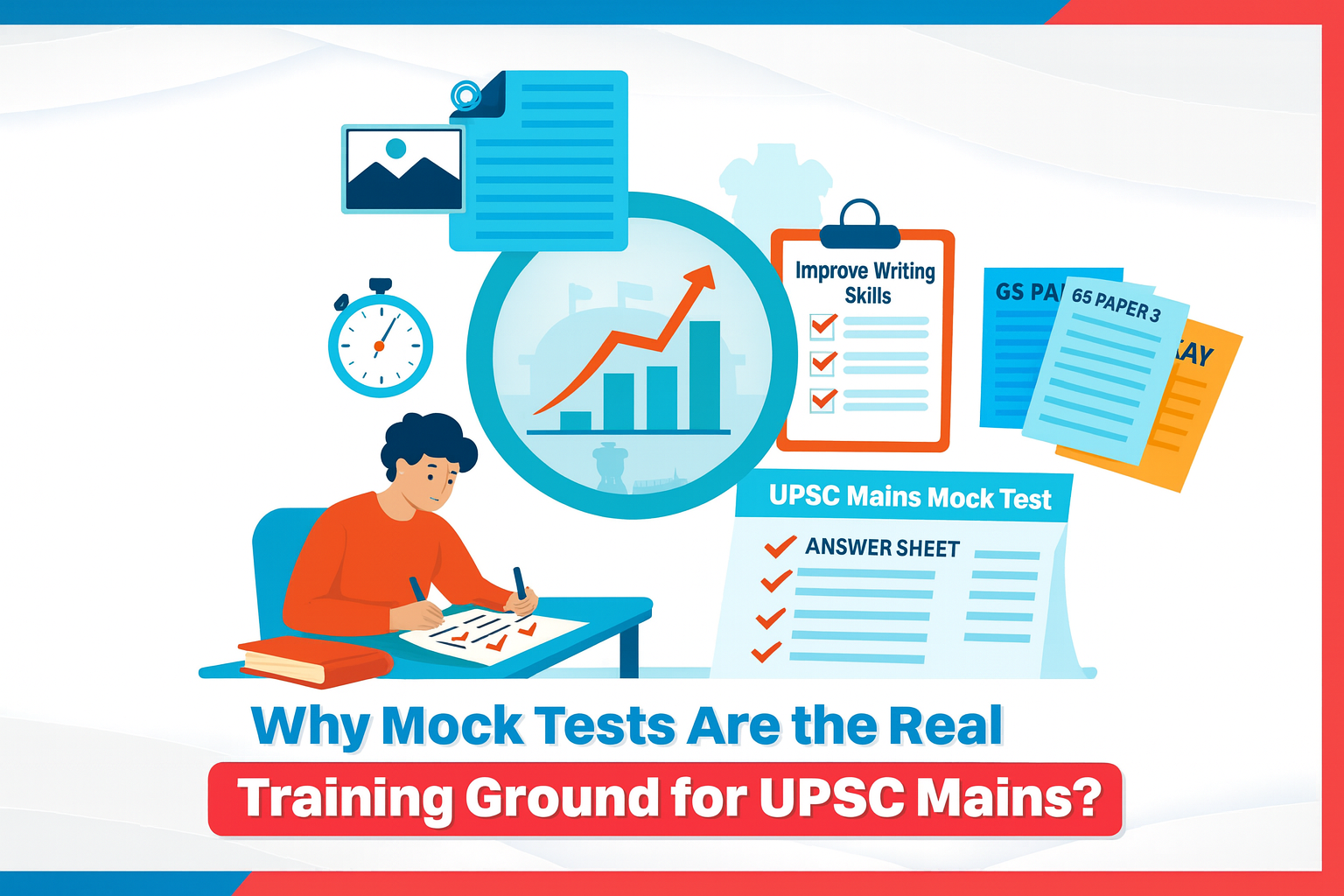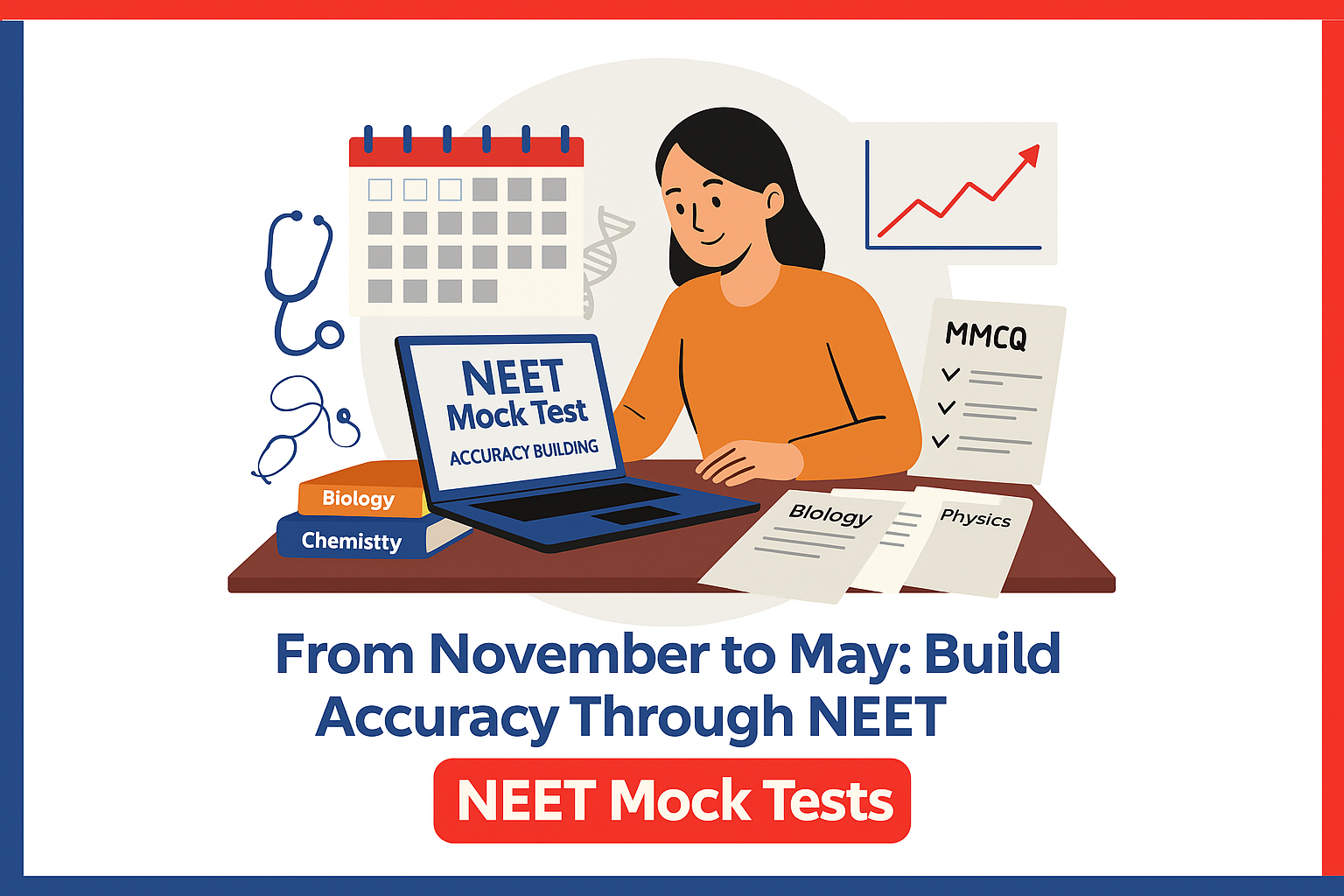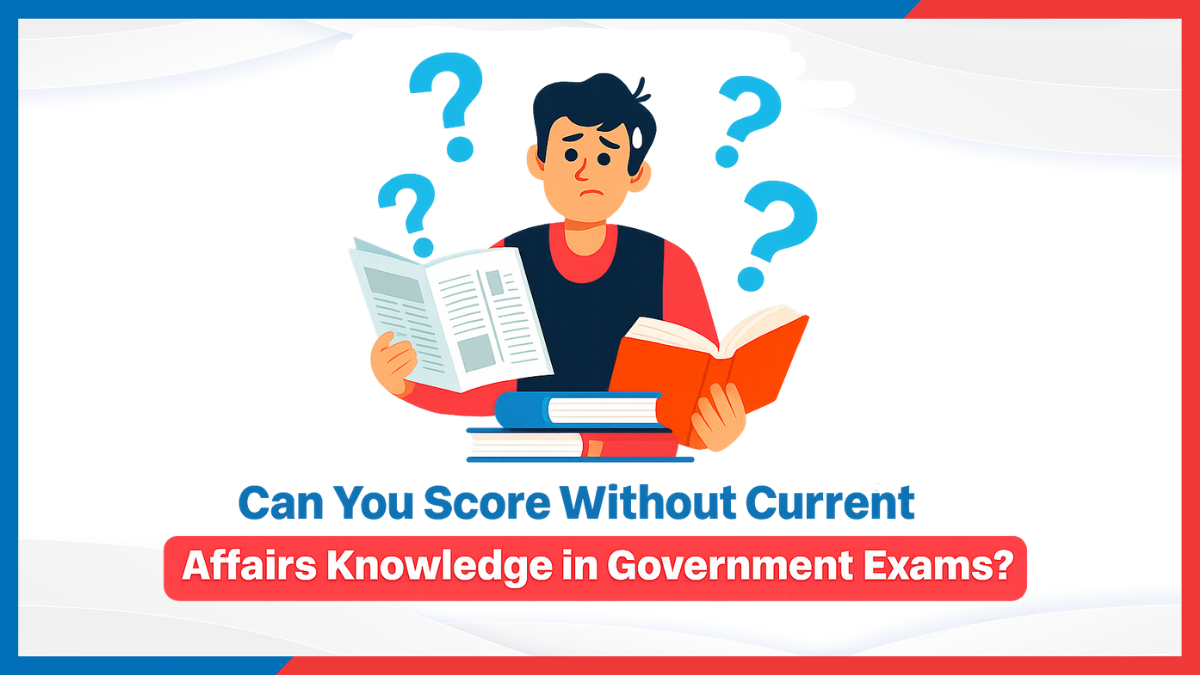
In state-level government exam preparations, keeping up with current and modern affairs really matters. As per the policy, these exams test the knowledge of a student on several issues, both academic and current, which include national and international occurrences, government policies, and socioeconomic development and effects.
Many aspirants pay the most attention to subjects like math, reasoning, English, and a few current affairs, harboring the idea that they can manage without them. However, ideally, current affairs do impact one's combined marks in huge measure, and there's always the possibility that it might be the deciding factor in one's selection. Here, the explanation about whether it is really feasible to score high without knowing about recent events is looked into, along with techniques to keep updated using monthly current affairs magazines such as Insight Monthly Current Affairs.
BUY NOW: SSC CGL Online Mock Test Series | Practice Paper Sets | For 2025 Exam Preparation
Read More: Daily Current Affairs Guide for Government Exam Success
Why Are Current Affairs Important for Government Exams?
Current affairs tests your awareness of national and international events, government policies, and socio-economic developments. In most of these competitive exams, almost 20 to 30 percent of the marks are allotted in this area, making it popular and hence essential to overall scoring.
|
Exam Name |
Weightage of Current Affairs |
Topics Covered |
|
SSC CGL |
25% |
National & International News, Awards, Sports, Economy |
|
Banking (IBPS, SBI) |
30% |
RBI Updates, Budget, Schemes, Appointments |
|
Railways |
15–20% |
Government Schemes, Important Days, Awards |
|
UPSC (CSAT + Prelims) |
25–30% |
National & International Events, Government Policies |
Key takeaway: If you ignore current affairs, you stand to lose at least 25% of the exam marks, which can cost you your selection.
Can You Score Without Current Affairs?
In short: it's very hard!
- You may have some chance to score in quantitative aptitude, reasoning, and English, but without knowledge of current affairs, the total mark score will be capped.
- Nowadays, most exams incorporate current affairs into reasoning sections and general knowledge questions.
- For state PSCs or UPSC prelims, current affairs are often used to break ties among candidates scoring equally in other subjects.
How to Finish Current Affairs Quickly?
If time is your worry, then the key is to use structured monthly material such as Insight Monthly
|
Resource |
Purpose |
Advantages |
|
Insight Monthly Current Affairs |
Latest events, government schemes, awards, international news |
Concise, monthly updates, exam-oriented |
|
Oswaal General Knowledge & Current Affairs |
Practice MCQs, PYQs |
Chapter-wise questions, trend analysis |
CONSTRUCTIVE TIP: Dedicate 30–40 minutes to doing current affairs from Insight Monthly Current Affairs. Give importance to notable points in a notebook for subsequent revisions.
A Quick-Scoring Strategy in Current Affairs
- Focus on government schemes, budget updates, awards, and sports events.
- Make short notes or flashcards for monthly updates.
- Attempt questions from the previous years from Oswaal Books.
- Do your revision at least once a week before Christmas.
Recommended Links:
SSC Previous Year Question Papers for 2025 Exam
Final Answer
We may score in other sections, neglecting current affairs; however, it virtually cuts your chances of scoring high in the rank. Therefore, together, Insight Monthly Current Affairs and Oswaal Books suffice to cover this syllabus so that you stay maximally competitive and updated.
Government exam preparation makes current affairs knowledge an absolute must, so practice daily to combine it.




